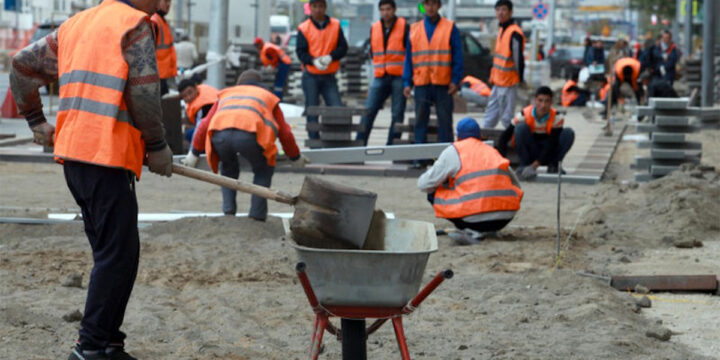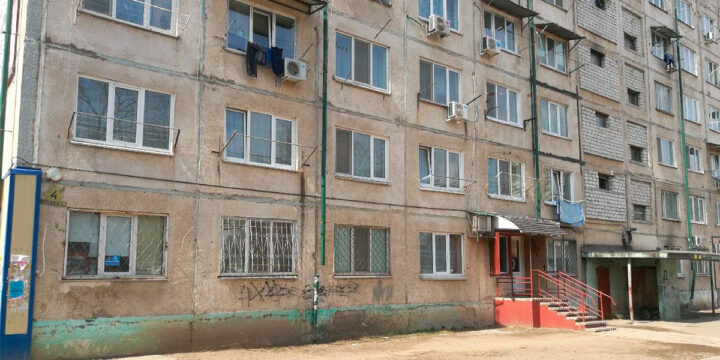
Mapping hate speech in Kyrgyzstan
A study commissioned by the United Nations Office of the Special Adviser on Prevention of Genocide has mapped out the key themes, patterns and root causes of hate speech in Kyrgyzstan. The report aims to help combat the proliferation of hate speech in the country, which has experienced significant political upheavals throughout its history. The study was conducted through a combination of desk reviews and primary data collection, including in-depth interviews, focus groups and a review of online media and social networks. The study identified five categories of hate speech that are most prevalent in Kyrgyzstan: religion, ethnicity and language, gender and sexuality, regionalism, and political hate speech. The report highlights that intersectional hatred is common when victims are attacked on more than one characteristic. It also found a robust…



